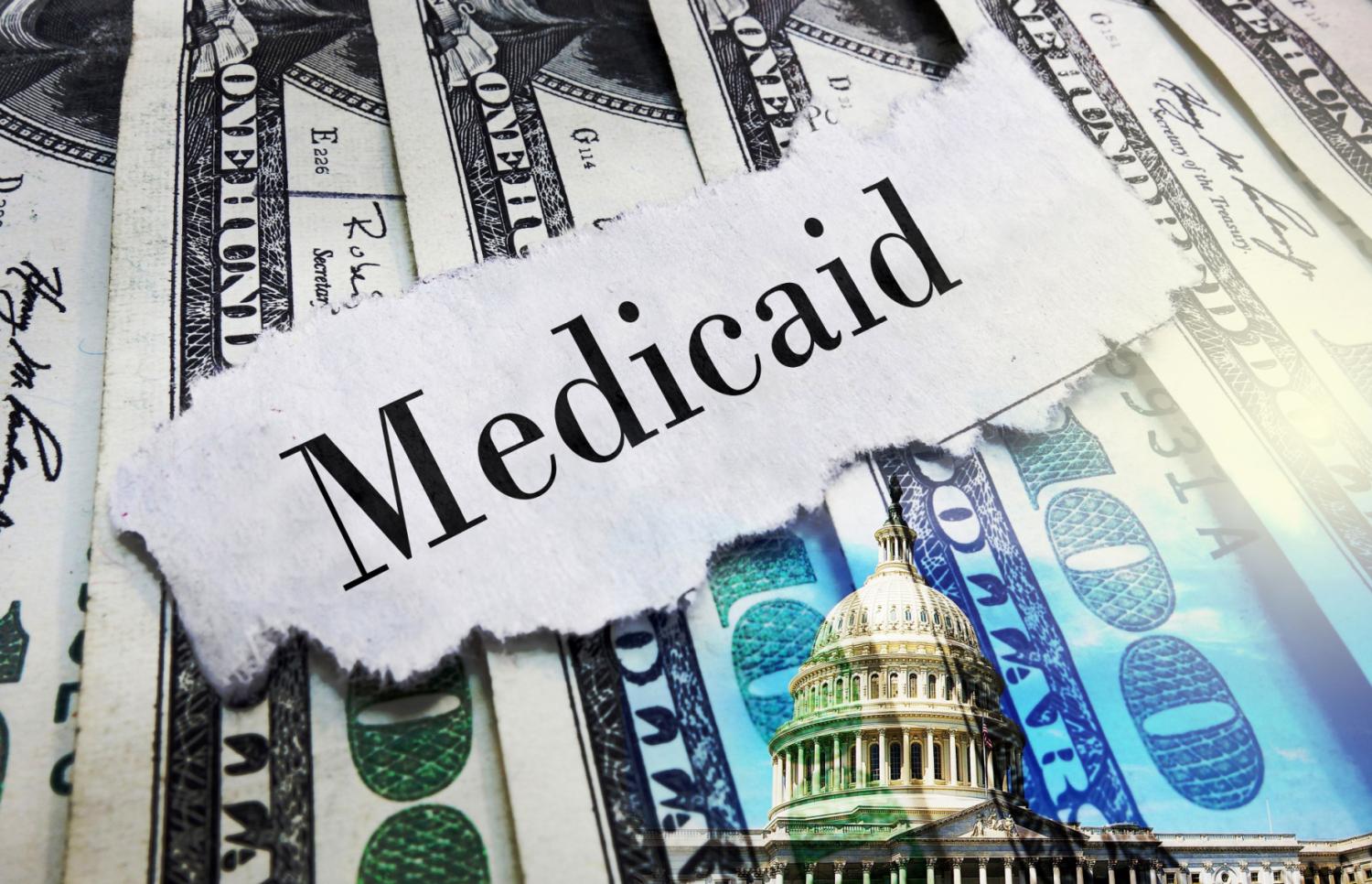Statement by Joan Alker, Executive Director of the Georgetown University Center for Children and Families, regarding Medicaid provisions included in the House Energy and Commerce budget reconciliation bill text scheduled for mark-up this week
“The House Energy and Commerce Committee released the text of its portion of the reconciliation bill at around 10 p.m. last night on Mother’s Day in a rushed attempt to generate at least $880 billion in savings to fund President Trump’s immigration and tax agenda. The Committee exceeded its target, and as expected, the biggest bite comes out of Medicaid.
According to preliminary estimates from the nonpartisan Congressional Budget Office, 8.6 million more people will become uninsured as a consequence of the bill’s Medicaid and ACA marketplace provisions, with Medicaid driving nearly all of the coverage losses.* Combined with the expiration of the enhanced Affordable Care Act marketplace subsidies, this will drive the number to almost 14 million more uninsured people.
Republican leaders have repeatedly denied that Medicaid would be cut in this bill or that people will be hurt and have their benefits taken away. Those claims have now demonstrably been proven to be false. In fact, Medicaid faces the largest cut in its history, and Medicaid savings are achieved by millions of people losing their Medicaid coverage. Subtitle D is estimated by CBO to generate at least $715 billion in spending cuts with the vast majority of that coming from Medicaid.
Some key points about the specifics:
- Not included in the bill are some provisions that would have generated substantial savings such as cutting the FMAP for the expansion group or capping federal funding for the expansion. These are extraordinarily harmful provisions that would have terminated the expansion over time and should remain off the table.
- However, the Committee appears to be generating large savings through another proposal to severely constrain the ability of states to finance their share of the program by immediately prohibiting any new provider taxes or increases in current provider taxes, which can be used to finance improvements or close Medicaid budget shortfalls. It would end certain existing taxes, forcing states to raise other taxes or cut their programs. All states except Alaska use provider taxes to fund their share of Medicaid costs. This approach puts at risk the existence, quality and affordability of coverage for all 70 million Medicaid beneficiaries, including children and families, seniors, people with disabilities, pregnant women and expansion adults.
- Several provisions target the ACA expansion group, including raising out-of-pocket costs for those between 100 and 138 percent of the poverty line and more frequent eligibility checks and onerous work requirements, which will all take away coverage and access from those enrolled in the expansion. Taken together, along with the limits on provider taxes, these provisions put the expansion at dire risk for those who are currently enrolled. Incentives for additional states to take up the expansion are also repealed.
- Many other provisions add further red tape and would achieve savings by rendering eligible children, families, and people with disabilities uninsured as a result. The recent history of Medicaid unwinding underscores the peril that lies ahead if the bill is enacted.
- Children covered by the Children’s Health Insurance Program (CHIP) are also impacted as new protections to prevent states from imposing forced periods of uninsurance for children are repealed.
Work requirements are included as expected, and all states are mandated to set up costly systems, whether they want to or not. This legislation sets aside $100 million for consultants to help states create more red tape in their Medicaid programs. As I have said many times, work requirements don’t achieve their intended purpose, which proponents claim is to support work. But they are very successful in causing eligible people who are working or should be exempt to lose coverage. In a fascinating twist, the bill authors seem to know that work requirements are destined to fail as the implementation date is set for January 1, 2029 – after the next Presidential election.”
*We await more details from CBO but this number suggests millions more will actually lose Medicaid but some of them will pick up other, likely more costly coverage and not become uninsured entirely.


